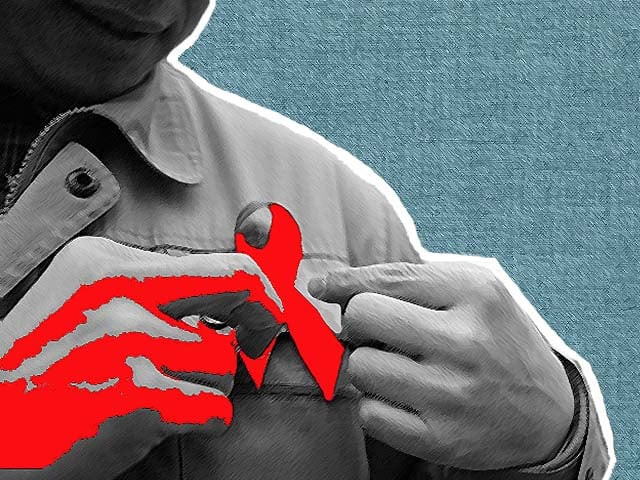Lack of strategy to combat HIV/AIDS eminent from unabated spread
Syringe reuse, sex workers, lack of testing, social taboos all actively contributing to upsurge in cases

Aided by factors such as societal stigma and lack of testing, acquired immunodeficiency syndrome (AIDS) continues to spread unabated across the country, which has put a question mark on the priorities of provincial administrations.
If human immunodeficiency virus (HIV) is not treated, it can lead to AIDS and a 2021 report released by the United Nations (UN) programme UNAIDS estimates that between 200,000 and 220,000 people in Pakistan live with HIV. Furthermore, Dr Syed Sharaf Ali Shah, former project director for the Sindh AIDS Control Program, informed this newspaper that the country adds roughly 25,000 new HIV/AIDS patients every year.
In the country’s most populous province, from January to June of this year, a record 3,241 cases were reported across the province, as per a recent report sent by the provincial health department to the Punjab Assembly. According to the Punjab AIDS Control Program, the new cases bring the total number of HIV/AIDS patients in the province, up until July of 2022, to 16,446. Similarly, in Sindh, 2,200 cases of the disease have been reported this year alone; out of which 970 cases are from the country’s most populous city, Karachi, as per information obtained from the provincial AIDS Control Program. The disease’s spread has also plagued Khyber Pakhtunkhwa (K-P), as it currently has 5,900 active HIV/AIDS patients, according to provincial health department data. It is pertinent to mention that officials of Punjab’s AIDS Control Program, while talking to The Express Tribune, said that actual number of cases in the entire country may be much higher than reported numbers.
President of the Pakistan Infection Control Society, Dr Rafiq Khanani, commenting on the harrowing numbers, stated: “syringe reuse is the primary factor in the spread of HIV/AIDS in Pakistan. Other factors include sex workers, blood transfusions, lack of testing, and social stigma.” Dr Khanani was of the view that the rampant spread of the disease was not being taken seriously enough and eventually HIV/AIDS might become a major issue. “The government has to develop a disease surveillance program and start public awareness campaigns. It should also focus on increasing HIV/AIDS treatment centres and equip existing centres with skilled personnel,” he suggested.
Dr Ayub Roze, former Director General (DG) Health K-P, concurring with Dr Khanani, said that there was also a dire need to address the social stigma associated with HIV/AIDS. “Patients can live routine lives even if they are HIV positive but the stigma stops them from getting treatment and as a result their condition worsens. The government needs to create awareness in this regard.”
The societal stigma that Dr Khanani and Dr Roze talk about is also mentioned in the 2021 UNAIDS report on Pakistan. 51.1% of adults aged 15 to 49, when asked if they would buy fresh vegetables from a shopkeeper or vendor if they knew that person had HIV, responded with a no, as per the report.
Dr Asghar Jadoon, Project Director of K-P’s Integrated HIV, Hepatitis and Thalassemia Control Program (IHHTCP), was also of the view that tackling societal stigma related with the disease was the need of the hour if the country wished to curb the spread of HIV/AIDS. “Unless we eliminate this taboo associated with HIV/AIDS, we have no way of knowing the real number of people suffering from the disease. The reported cases are much lower than the actual prevalence of HIV/AIDS in the country,” Dr Jadoon said while talking to The Express Tribune.



















COMMENTS
Comments are moderated and generally will be posted if they are on-topic and not abusive.
For more information, please see our Comments FAQ